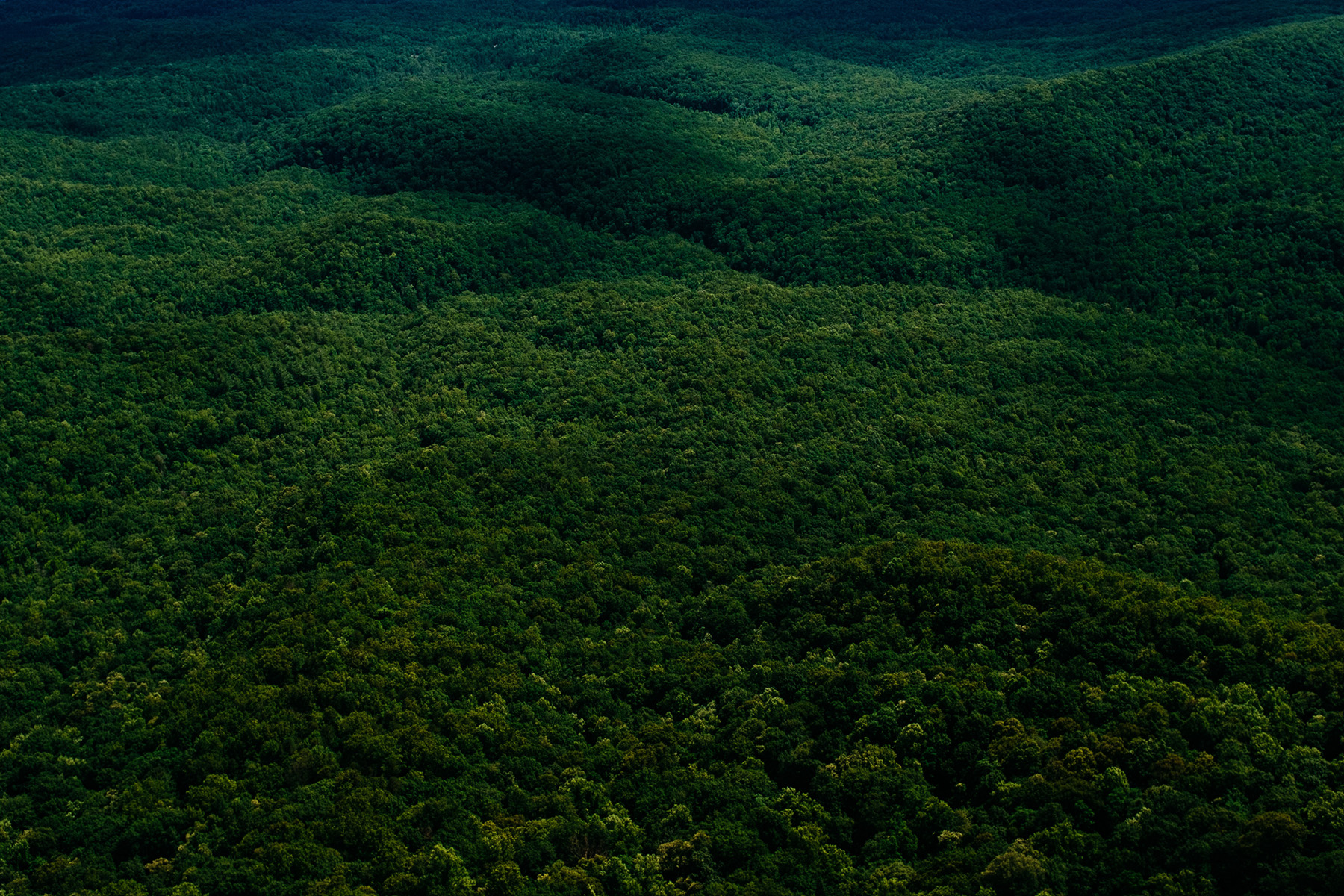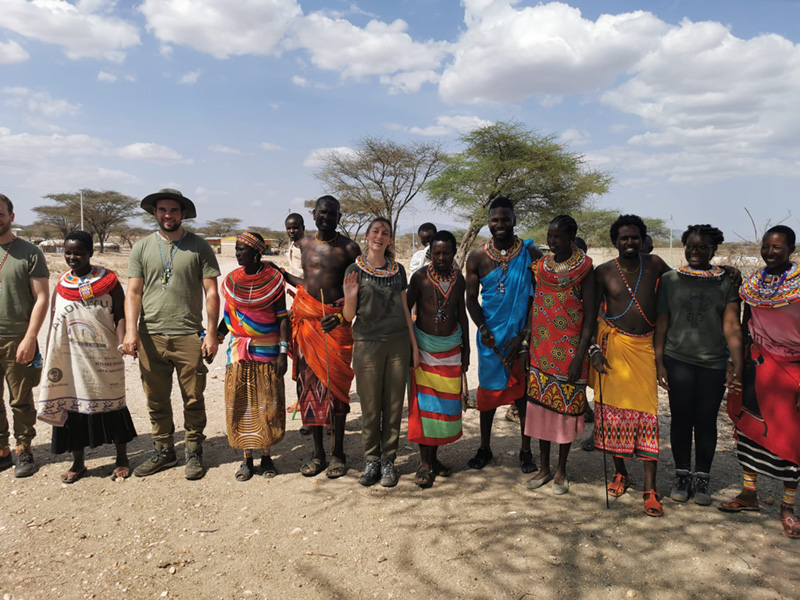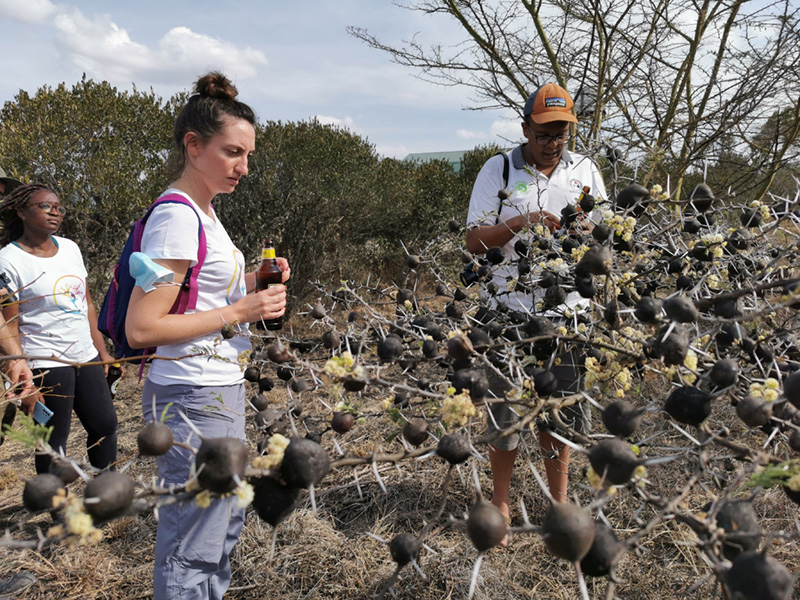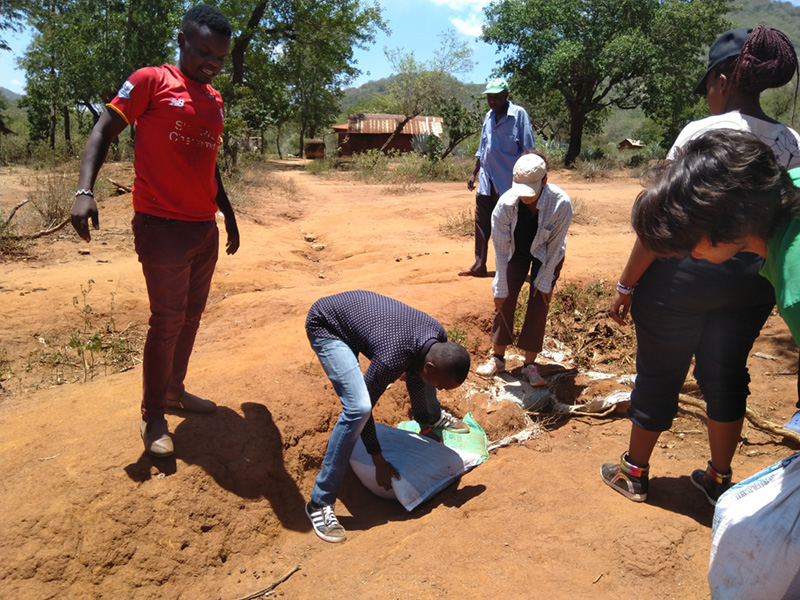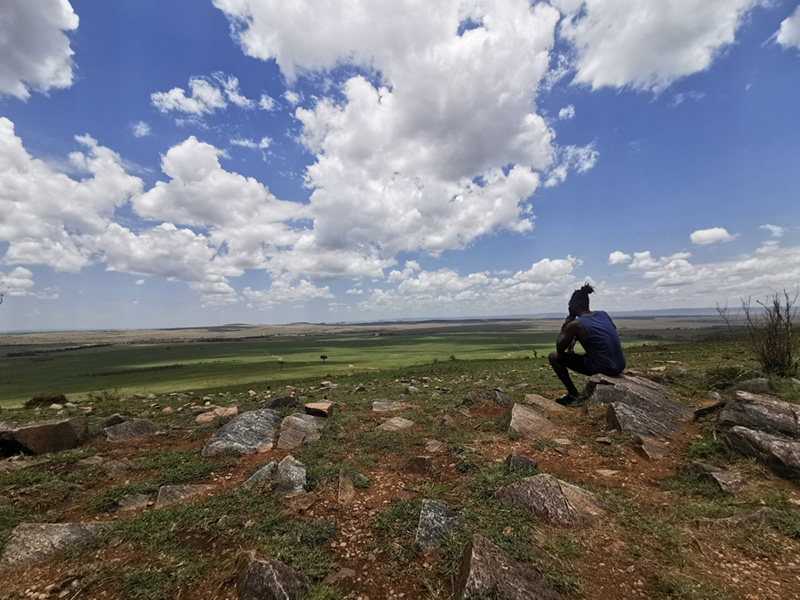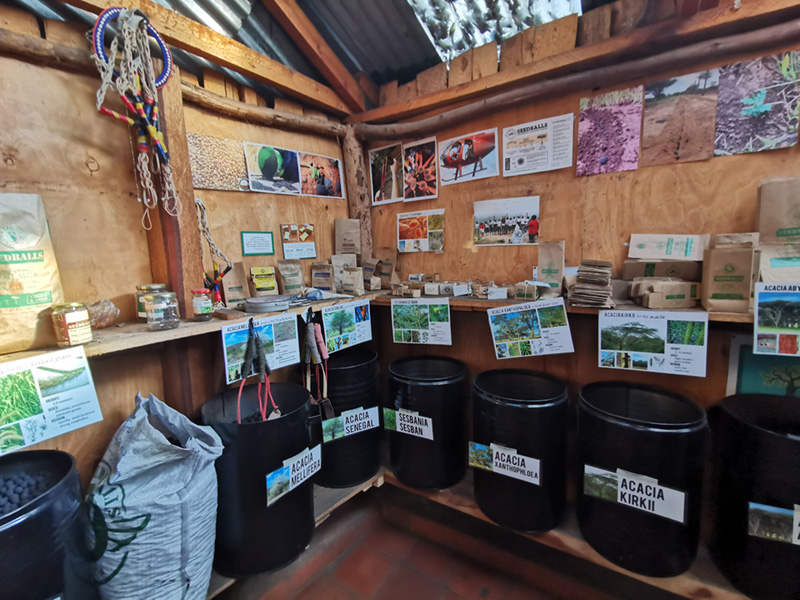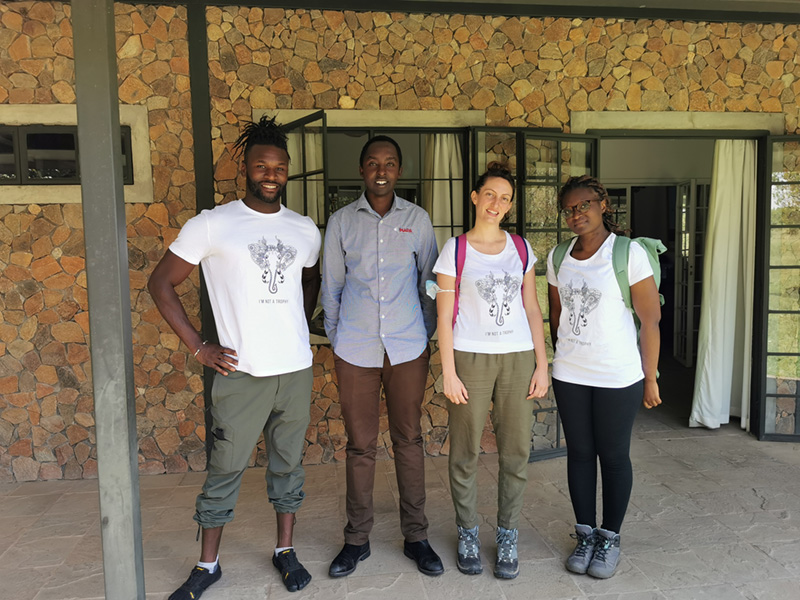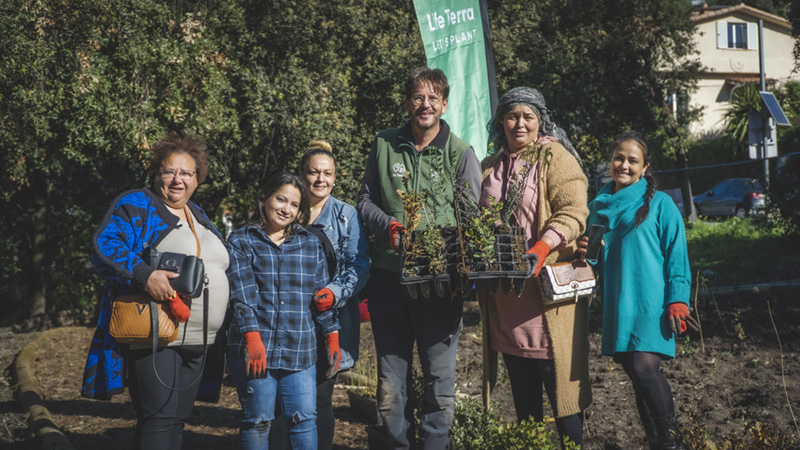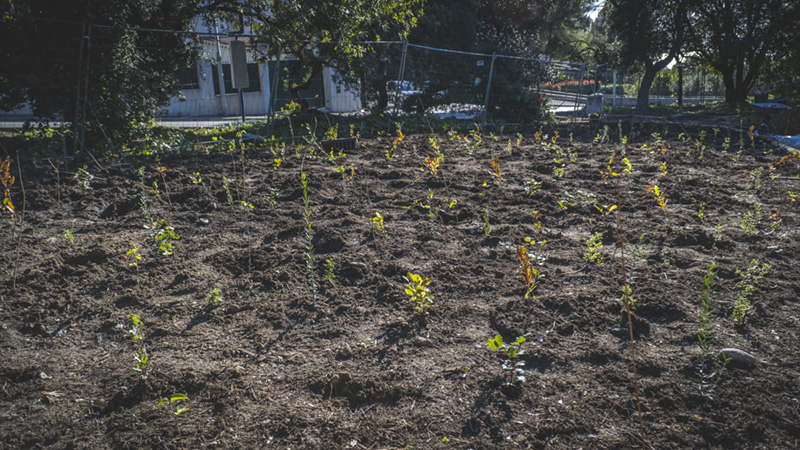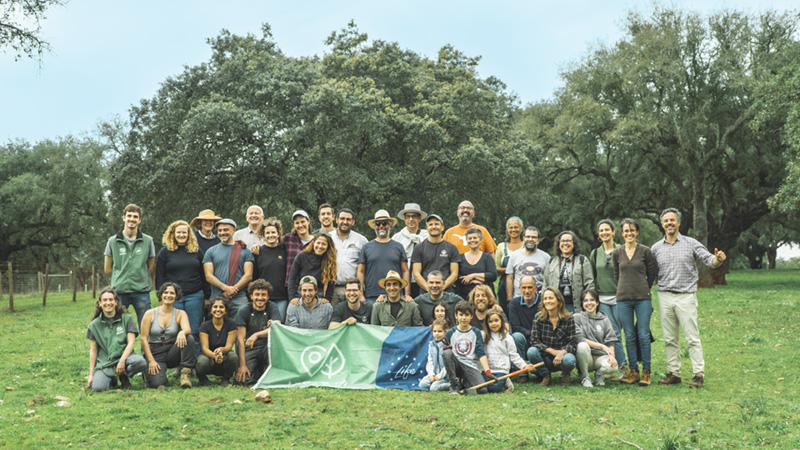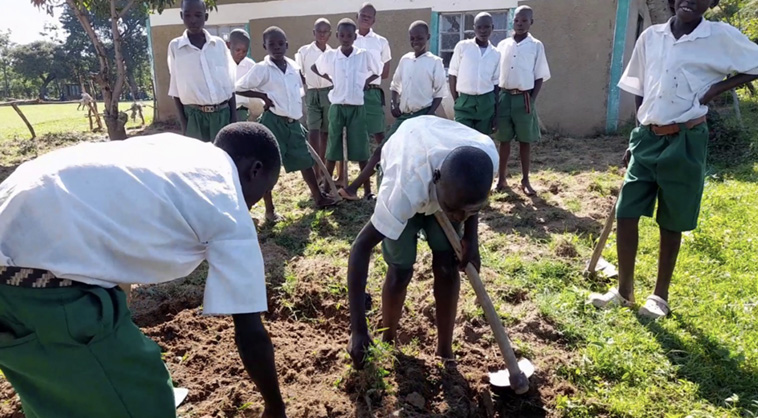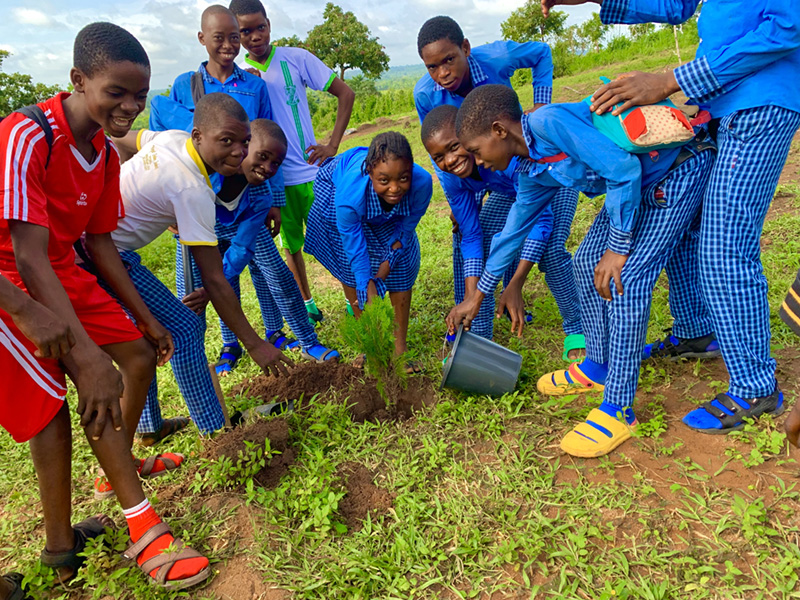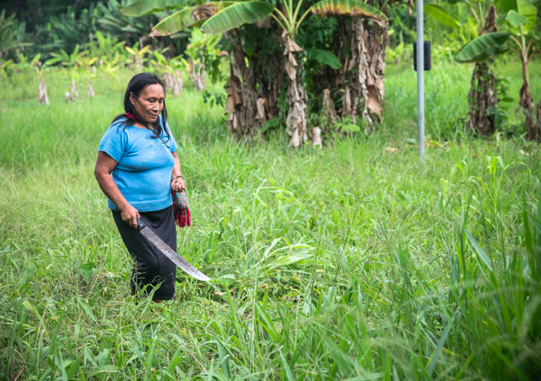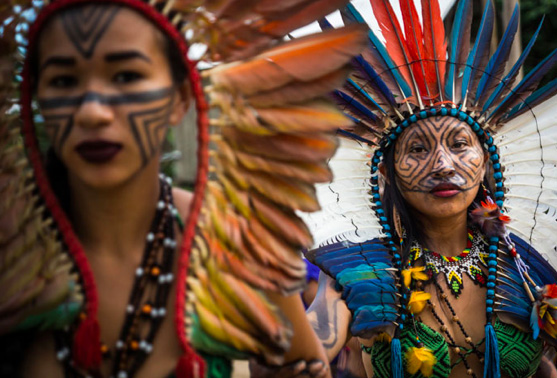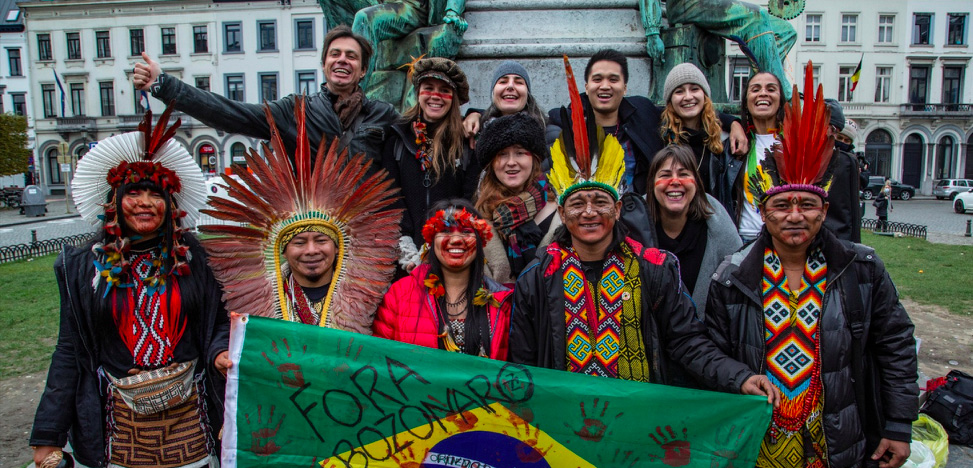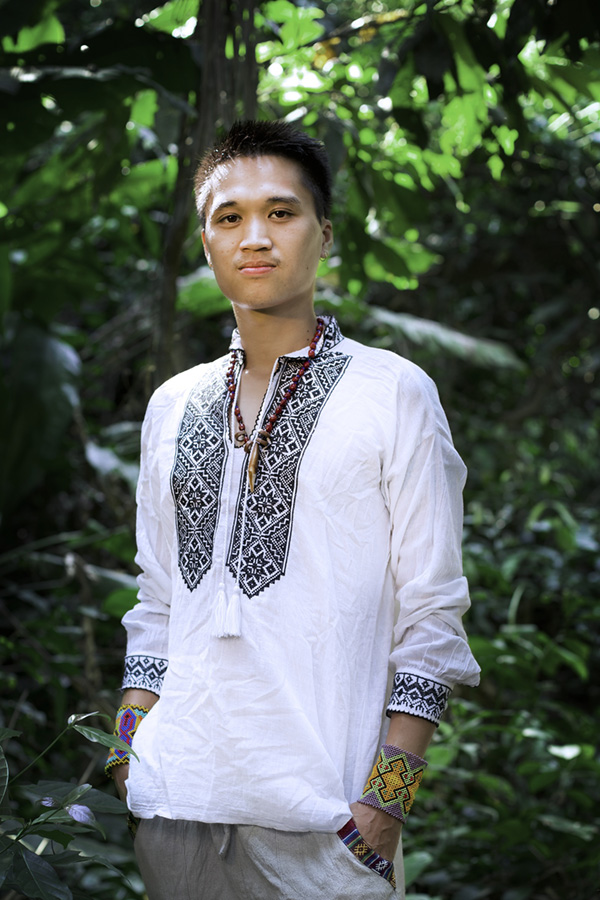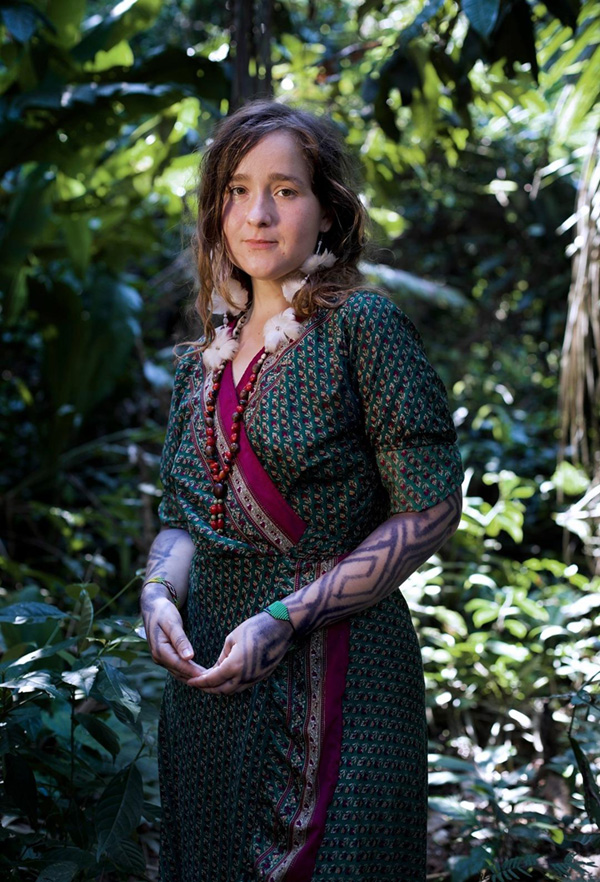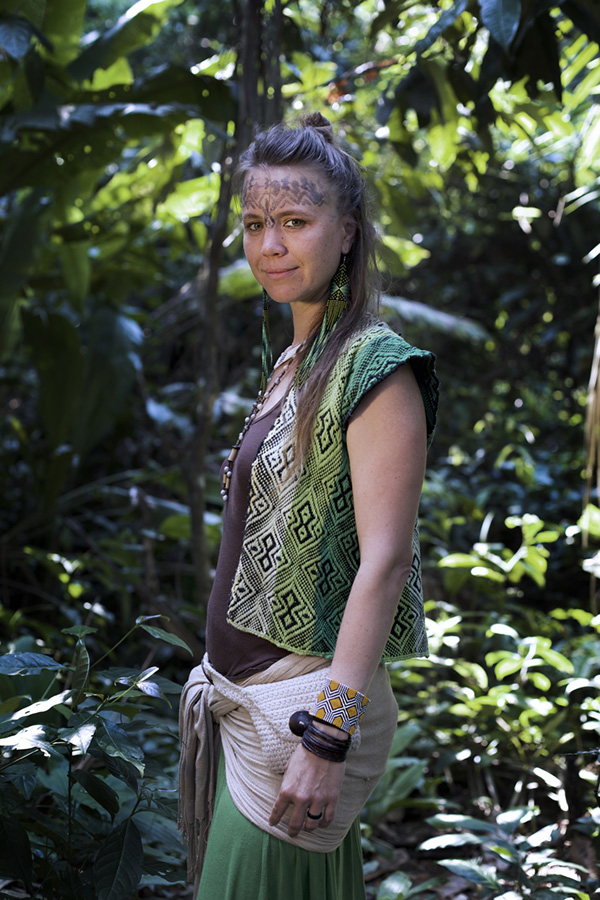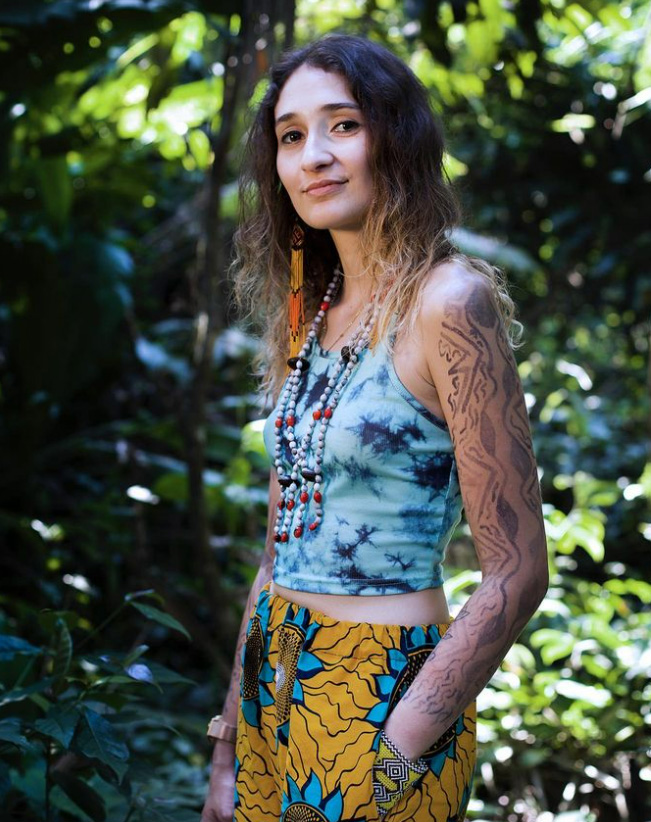ECOSYSTEM RESTORATION
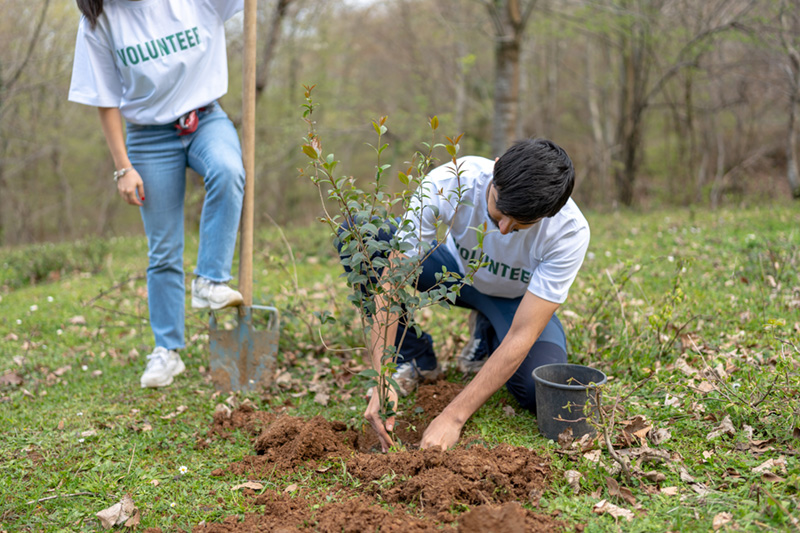
WHAT IS ECOSYSTEM RESTORATION ?
Ecosystem restoration means assisting in the recovery of ecosystems that have been degraded or destroyed, as well as conserving the ecosystems that are still intact. Healthier ecosystems, with richer biodiversity, yield greater benefits such as more fertile soils, bigger yields of timber and fish, and larger stores of greenhouse gases.
Restoration can happen in many ways – for example through actively planting or by removing pressures so that nature can recover on its own. It is not always possible – or desirable – to return an ecosystem to its original state. We still need farmland and infrastructure on land that was once forest, for instance, and ecosystems, like societies, need to adapt to a changing climate.
WHY ECOSYSTEM ARE SO IMPORTANT
Ecosystems are the web of life on Earth. An eco- system comprises all the living organisms and the interactions among them and with their surround- ings in a given place. They exist at all scales, from a grain of soil to the entire planet, and include forests, rivers, wetlands, grasslands, estuaries and coral reefs. Cities and farmlands containimportant human-modified ecosystems.
Ecosystems provide us with priceless benefits. They include a stable climate and breathable air; supplies of water, food and materials of all kinds; and protection from disaster and disease. Natural ecosystems are important for our physical and mental health, and for our identity. They are home to precious wildlife. For many, they are a source of wonder and spirituality.

PLANTING 100 000 TREES BY FREE SPIRIT

Our foundation, ‘Free Spirit,’ has created the “Re-Green the Planet” programme, a global reforestation initiative. Inspired by the work of Kenyan Nobel Prize-winning environmental activist Wangari Maathai, who planted 3 million trees over 30 years, Free Spirit is joining the worldwide effort of organizations and committed citizens to reforest our beautiful planet. This initiative must be accompanied by a lifestyle that is more respectful of nature for each individual living on our planet.
Our organization, Free Spirit, will donate over 100,000 tree seeds to support reforestation efforts in Kenya. The dissemination of these seeds, which will grow into indigenous trees, will take place near Lemek in the Masai Mara. The Masai Mara National Reserve is a preserved wild savanna area located in the southwest of Kenya.
So far, Free Spirit Foundation has planted more than 300,000 trees across the globe. The objective of our organization is to plant 5 million trees by 2030.
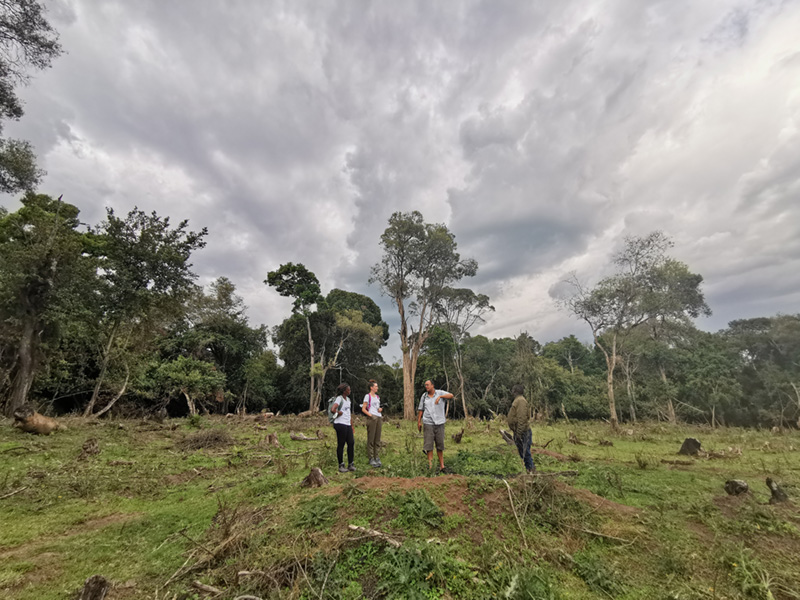
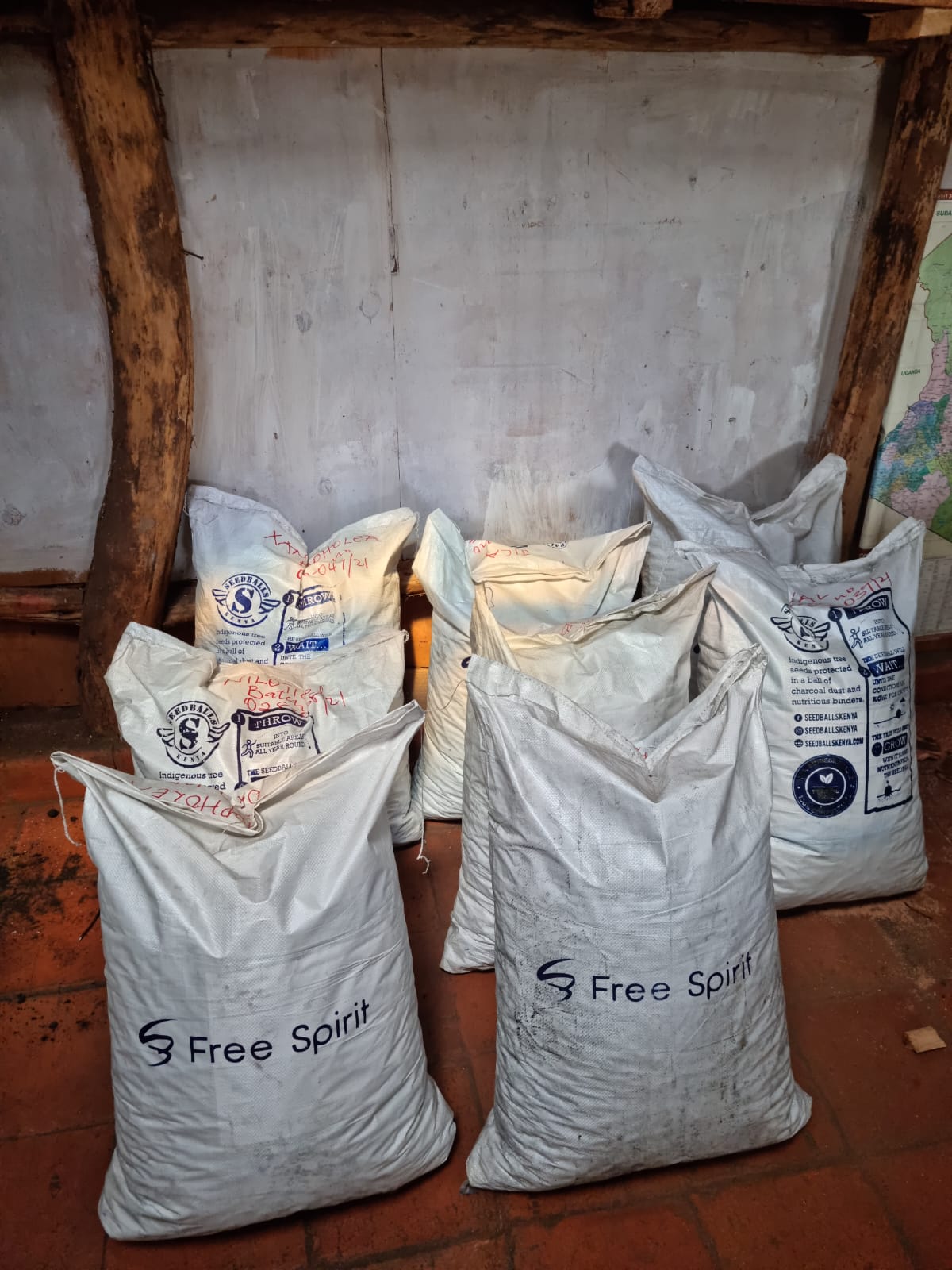
Between 2008 and early 2010, Kenya, one of the countries of Eastern Africa, was affected by a severe drought. Owing to the lack of annual rainfall, the arid and semi-arid lands of Kenya (ASALs) are very susceptible to drought and flooding. These lands are impacted by the increasing effects of climate change and the risk of desertification.
Free Spirit will plant more than 100,000 trees in the Mara. Mara, in Kenya, generally refers to the Maasai Mara National Reserve. It’s a wildlife reserve located in the southwest of Kenya, adjacent to the border with Tanzania. The reserve gets its name from the Maasai people, an indigenous ethnic group in the region, and the Mara River that flows through the reserve. The Maasai Mara National Reserve is globally renowned for its abundant and diverse wildlife, especially during the annual migration of wildebeests and zebras, one of the greatest natural spectacles. Each year, millions of wildebeests, zebras, and other herbivores migrate from the Serengeti National Park in Tanzania to Maasai Mara in search of fresh grazing lands. This massive migration is accompanied by predators like lions, leopards, and cheetahs, making it an exceptional opportunity for wildlife observation.
The landscapes of Maasai Mara consist of vast plains, hills, and rivers, providing varied habitats for many animal species. Visitors can go on safaris to closely observe wildlife in their natural environment. Maasai Mara National Reserve is one of the world’s most popular destinations for ecotourism and wildlife viewing. It plays a crucial role in wildlife conservation and Kenya’s economy through tourism.
The local community coexists with wildlife in this region of Kenya. The planting of 101,250 trees will serve to restore, preserve, and rebuild the natural habitats of animal species. The trees will also create a new carbon reservoir, regenerate the region’s land and groundwater.
In total, five tree species have been selected for our plantations, chosen for their drought resistance, economic value (sale of fruits and medicinal plants), and carbon-capturing capacity:
- Acacia Xanthophelea
- Acacia Seyal
- Acacia Gerrardii
- Olea Africana
- Sesbania Sesban
Highly resistant to cold and drought, acacia is used to « green » poor soils. It also fixes nitrogen, thereby improving the quality of the soil it’s planted in. Relatively less known, Sesbania is a small exotic shrub. Its rapid growth, drought resistance, and generous summer flowering are impressive. Sesbania plants are nitrogen-fixing legumes used in sub-Saharan Africa for soil improvement. Olea, more commonly known as olive, is a species of trees or shrubs in the Oleaceae family found throughout Africa, Asia, and the Mediterranean Europe. A variety of this tree has been domesticated and cultivated to become the olive tree.
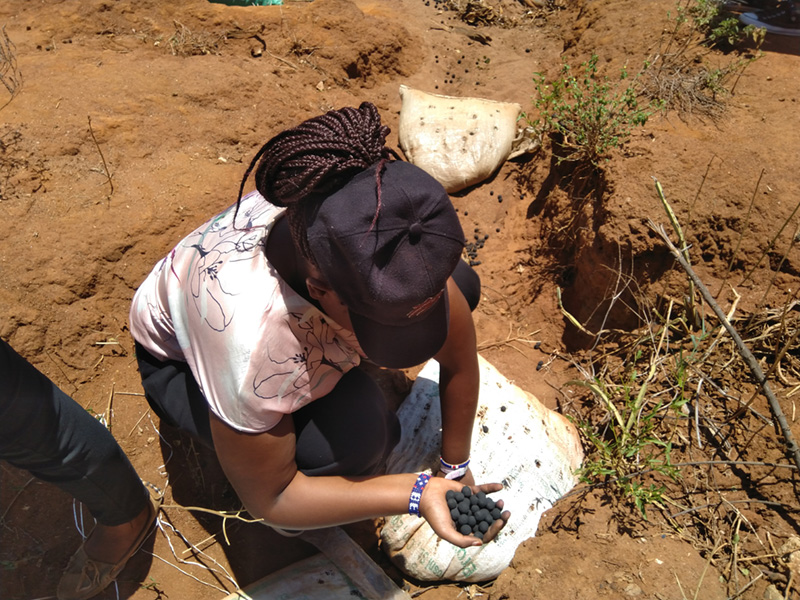
PLANTING 1 MILLION TREES BY LIFE TERRA
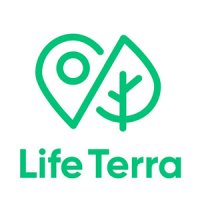
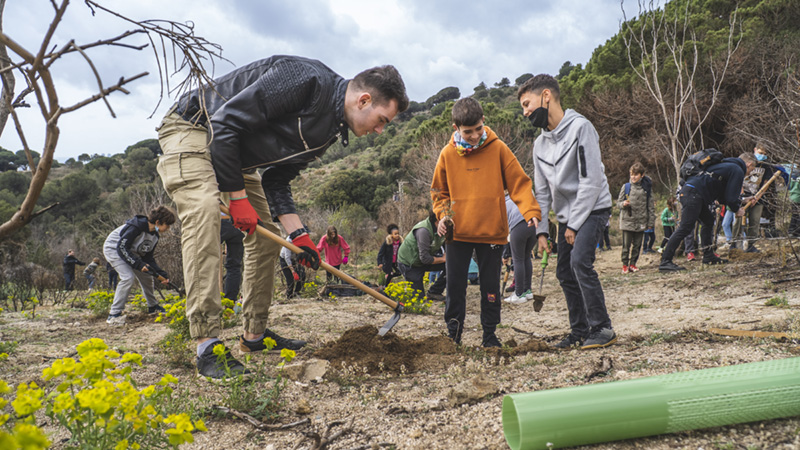
ABOUT LIFE TERRA
Life Terra is one of Europe’s largest climate action initiatives. Its commitment is to restore human’s relationship with nature and contribute to mitigating climate change through community-based tree-planting initiatives. Life Terra encourages citizens to take impactful climate action by facilitating tree planting, educating future generations, and developing tree monitoring technology.
About the team : « Our Team is a diverse group of people that are enthusiastic about taking climate action now. The foundation is based in Amsterdam and Barcelona, but we collaborate with partners all over Europe and are always open to getting in touch with like-minded people.«
PLANTING 1 MILLION TREES IN EUROPE
Life Terra is founded on the knowledge that tree planting is regarded as the most cost-effective nature-based solution to capture carbon and at the same time promote biodiversity. As part of a multi-faceted mitigation strategy, planting trees can play an important role in the fight against climate change and the devastation it causes. In collaboration with PLANET 2024, we want to raise awareness on the importance of taking climate action, especially among young generations, through community-based tree planting activities. Life Terra aims to plant about 1 million across Europe during the year.
« Every year Life Terra plants hundreds of thousands of trees in Europe. In Spring 2024, and in collaboration with PLANET 2024, we propose to plant at least 5,000 trees around Paris together with local communities and schools. This way we will raise awareness about the need for local climate action and at the same time help to offset part of the environmental impact of the Olympic Games. » Sven Kallen – Founder of Life Terra
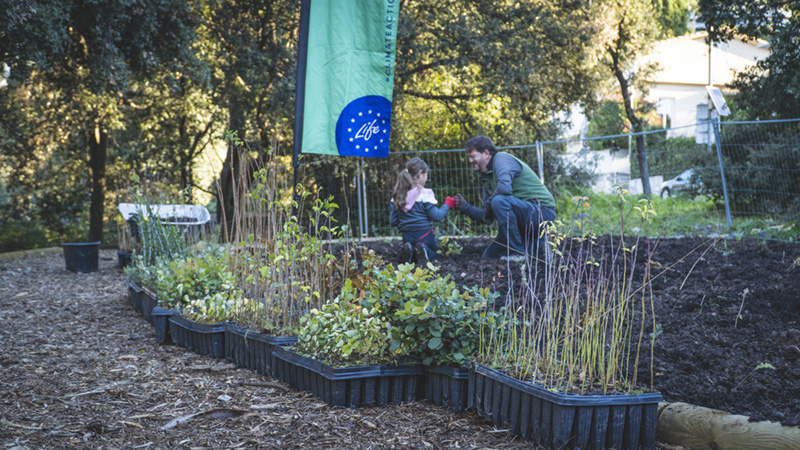
PLANTING 3 000 TREES BY ECOLEARNERS

ABOUT ECOLEARNING TOGETHER
EcoLearning Together has been working on addressing the climate crisis through restoration in urban ecosystems for more than three years. We are a youth-led organization dedicated to tackling climate change inequality by keeping our cities litter free, removing harmful invasive species, and reintroducing native plants that foster biodiversity. As a youth for youth nonprofit, our chapters work all over the world to clean up these ecosystems and protect biodiversity so youth of all ages can thrive. We are all volunteer run and student run !
PLANTING 3000 TREES
EcoLearning Together will work to plant around 3000 different native species throughout 2024. This will be done in our various restoration sites. First, litter and invasive species to the area will be removed. Our goal is to restore and monitor around 65 hectares of land with our Nigeria and Kenya chapters.
Around 1500 grevillea trees will be planted in Kenya, starting in Bungoma. These trees will be planted from seeds and monitored until they grow. Grevillea trees are known for their role in ecosystems in Kenya, both providing shelter and being useful for carbon sequestration.
The Cross River, Nigeria chapter will plant around 1500-2000 native plants including African palms (oil palms and west African), banana trees, and almond trees. This will start in Ogoja. These will all be student led, and all native plants will be monitored to ensure they thrive.
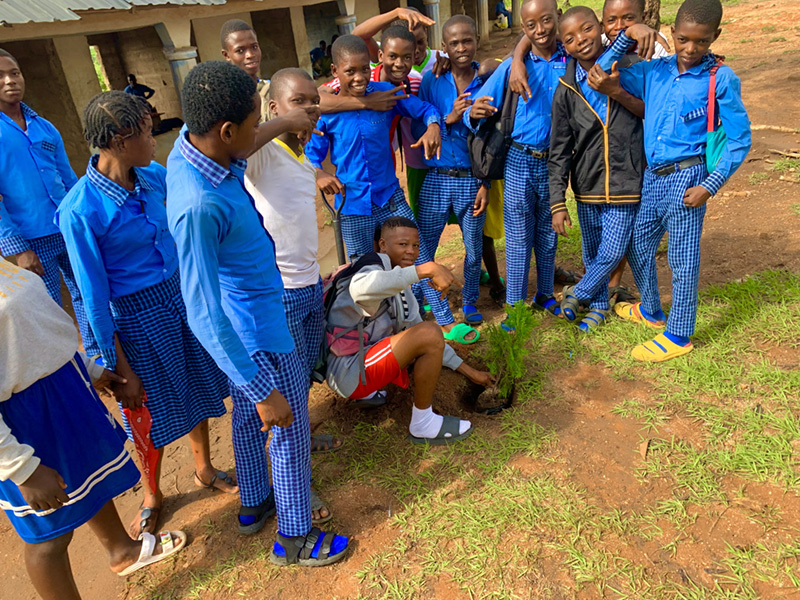
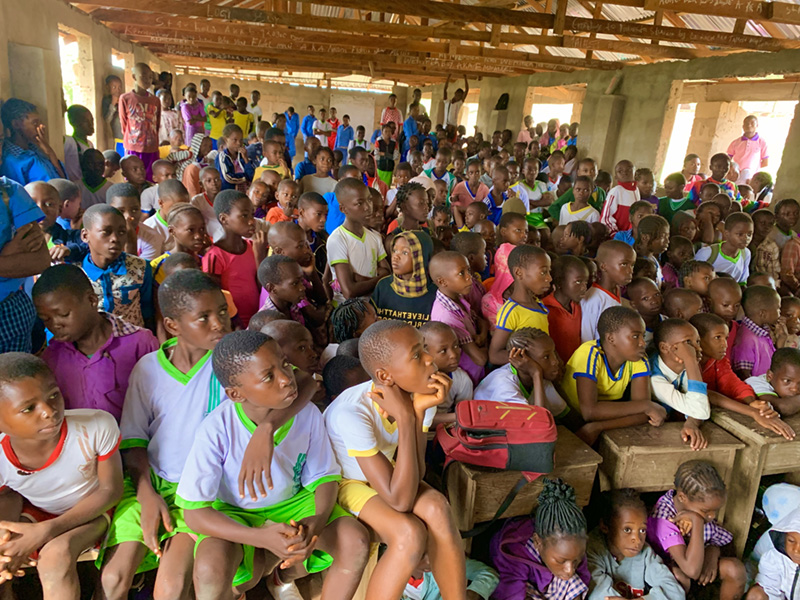
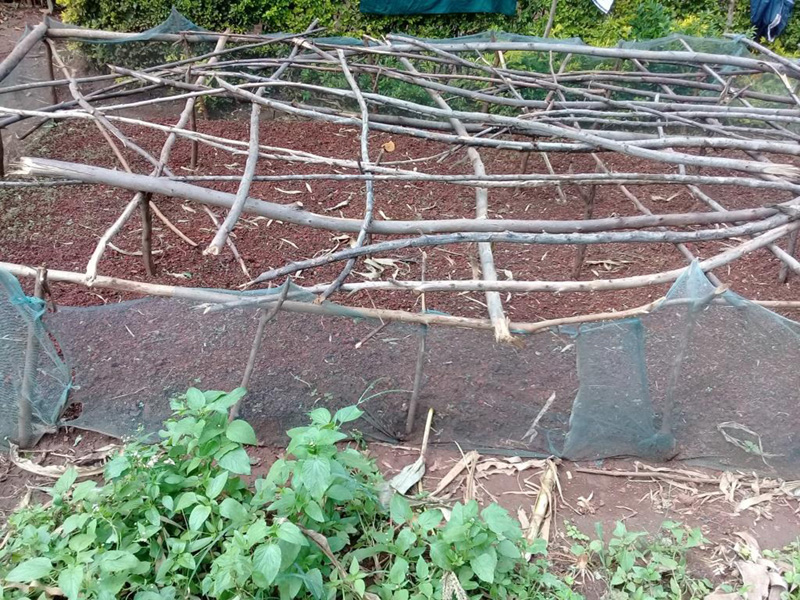
PLANTING 9 000 TREES BY JIBOIANA
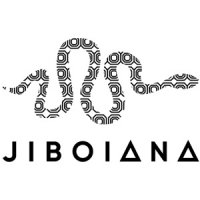
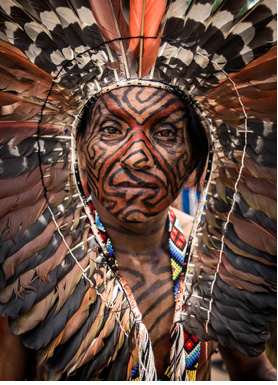
ABOUT JIBOIANA
Given the recognition of the importance of indigenous populations in biodiversity conservation and the fight against deforestation, the Jiboiana Association was founded in 2020 with the aim of bridging the gap between indigenous peoples and the Western world.
Our goal is to support the preservation of Life and its ancestral cultures, initiate a transformation of minds and the relationship between people and Nature, to generate a positive impact on how we interact with the world. We stand by the « guardians of the Earth » by creating projects that support their environmental and social initiatives, including:
- Reforestation projects, dissemination of agroforestry practices, and forest conservation.
- Awareness and support projects for the preservation of indigenous cultures, through visits by representatives to Europe.
- Support projects for community development and poverty alleviation.
OUR PROJECTS CONTRIBUTE TO:
- The food and economic autonomy of indigenous communities.
- The preservation of biodiversity, which is sustained by indigenous peoples, and reforestation that enhances this biodiversity.
- Access to clean drinking water.
- The development of local craftsmanship, partnerships, and the transmission of indigenous culture, with a particular focus on supporting women.
- Their international presence and participation in negotiations, such as at COP, the European Parliament, and the European Commission
PLANET 2024 ACTIVITIES
As part of PLANET 2024, Jiboiana is launching an agro-ecological reforestation project:
Planting more than 9,000 trees, as well as vegetables, following permaculture principles to enrich the soil, restore biodiversity, and provide food autonomy to the Huni Kuin communities, all on previously deforested land.
Permaculture is a system of agricultural and social design that mimics the patterns and relationships found in nature. It is a holistic approach to design that seeks to create sustainable and resilient systems.
When planting trees in a specific area, it is important to work with the local community to ensure that the trees are species that are native to the area and that the planting is done in a way that respects the cultural and spiritual beliefs of the community.


